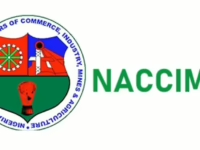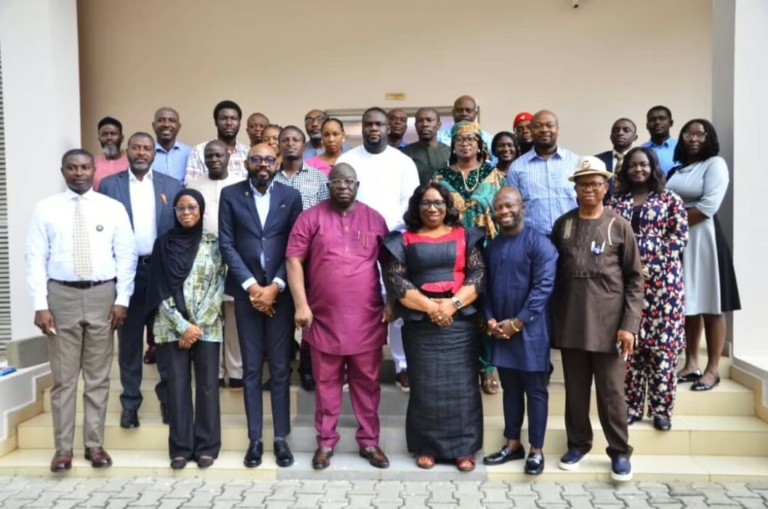The National Centre of Excellence for Sickle Cell Disease Research and Training (NCESRTA) at Yakubu Gowon University (formerly University of Abuja) has initiated a comprehensive 12-week training program aimed at enhancing local proficiency in conducting clinical trials for sickle cell disease (SCD).
Supported by IQVIA in partnership with Bio Ventures for Global Health, this course, scheduled from September 18 to November 27, 2025, seeks to equip Nigerian researchers and healthcare professionals with the necessary skills to engage in innovative clinical research.
During the inauguration event held in Abuja, Professor Obiageli Nnodu, Director of NCESRTA, highlighted that sickle cell disease remains a predominant inherited blood disorder across sub-Saharan Africa and is a major contributor to mortality among children under five and young adults.
She explained that the program aims to fill existing gaps by empowering medical personnel to actively participate in international clinical trials. Importantly, the initiative is not focused on evaluating a particular therapy but on bolstering the overall capabilities of clinical research centers.
“Our objective is not to test a specific treatment. Instead, we are enhancing the skills of healthcare providers and clinical sites to take part in future sickle cell disease trials. The expertise gained can also be applied to other medical fields such as cancer, hypertension, diabetes, and respiratory illnesses,” she remarked.
The training will be conducted online, featuring weekly interactive sessions led by experts in clinical trials, regulatory affairs, and financial management, with a strong focus on hands-on learning.
Professor Nnodu noted that the response to the program has exceeded expectations. Although five participants from each of the 25 SPARC-Net sites were required to enroll, over 460 individuals have registered through the online platform.
“Interest has extended beyond Nigeria’s borders, attracting participants from countries like Sudan, Zambia, and others,” she added.
She also mentioned that the announcement on LinkedIn garnered more than 16,000 views, reflecting a rising demand for such capacity-building initiatives.
One anticipated outcome of the training is the publication of a research paper that will explore the obstacles faced when conducting clinical trials in resource-constrained environments, drawing insights from NCESRTA and other SPARC-Net locations.
“Our ultimate aim is sustainability. By cultivating indigenous expertise, Nigeria can independently conduct high-quality clinical trials, thereby improving patient-centered care for sickle cell disease and saving more lives,” Professor Nnodu concluded.
Additionally, Beno Nyam Yakubu, Head of Clinical Trials at NAFDAC, underscored the agency’s commitment to ensuring that clinical trial protocols comply with both national and international standards.
“Each clinical trial submission undergoes a thorough benefit-risk evaluation to confirm alignment with regulatory guidelines. While the standard review period is 60 working days, expedited approvals can be granted within 10 to 15 working days during urgent situations,” he explained.
























